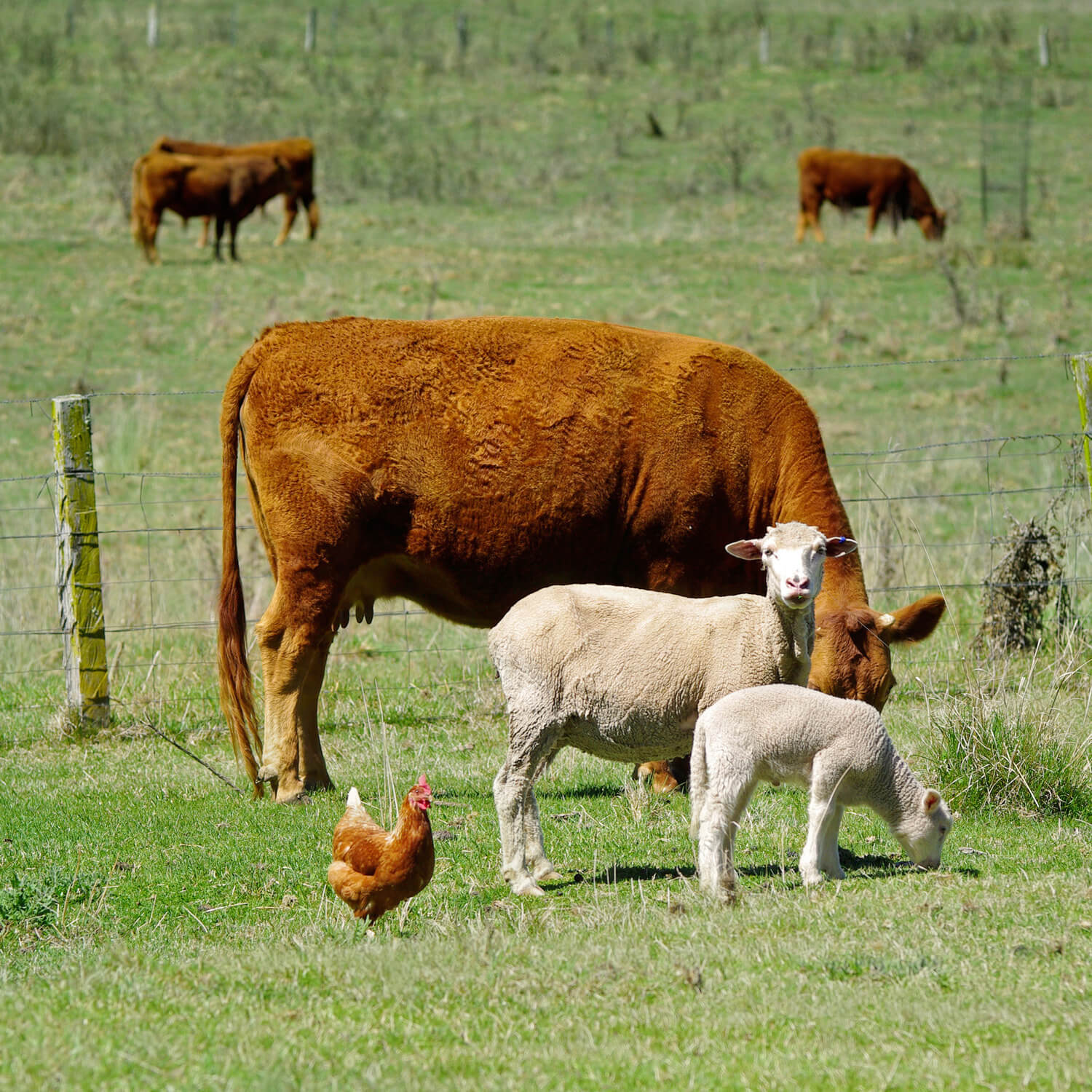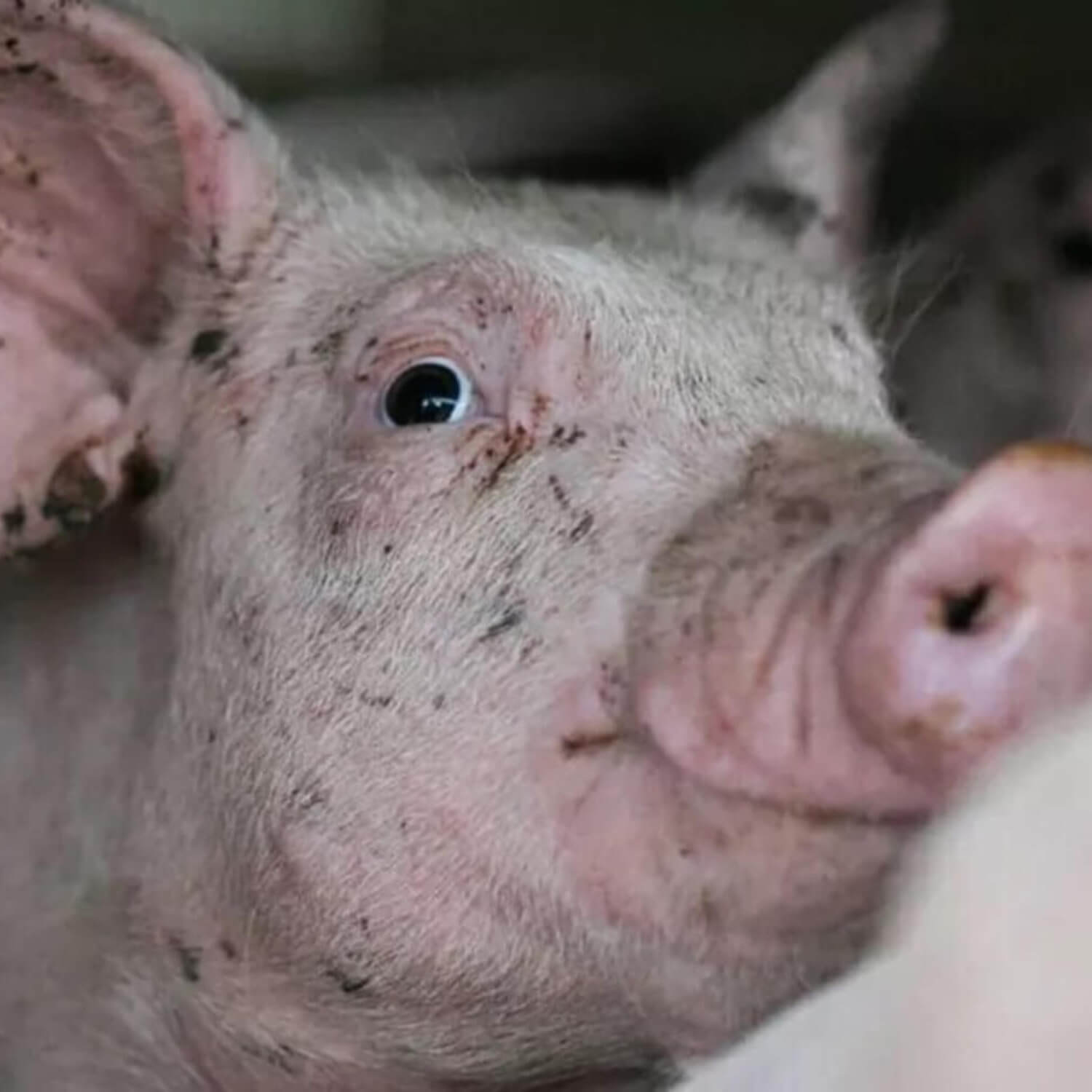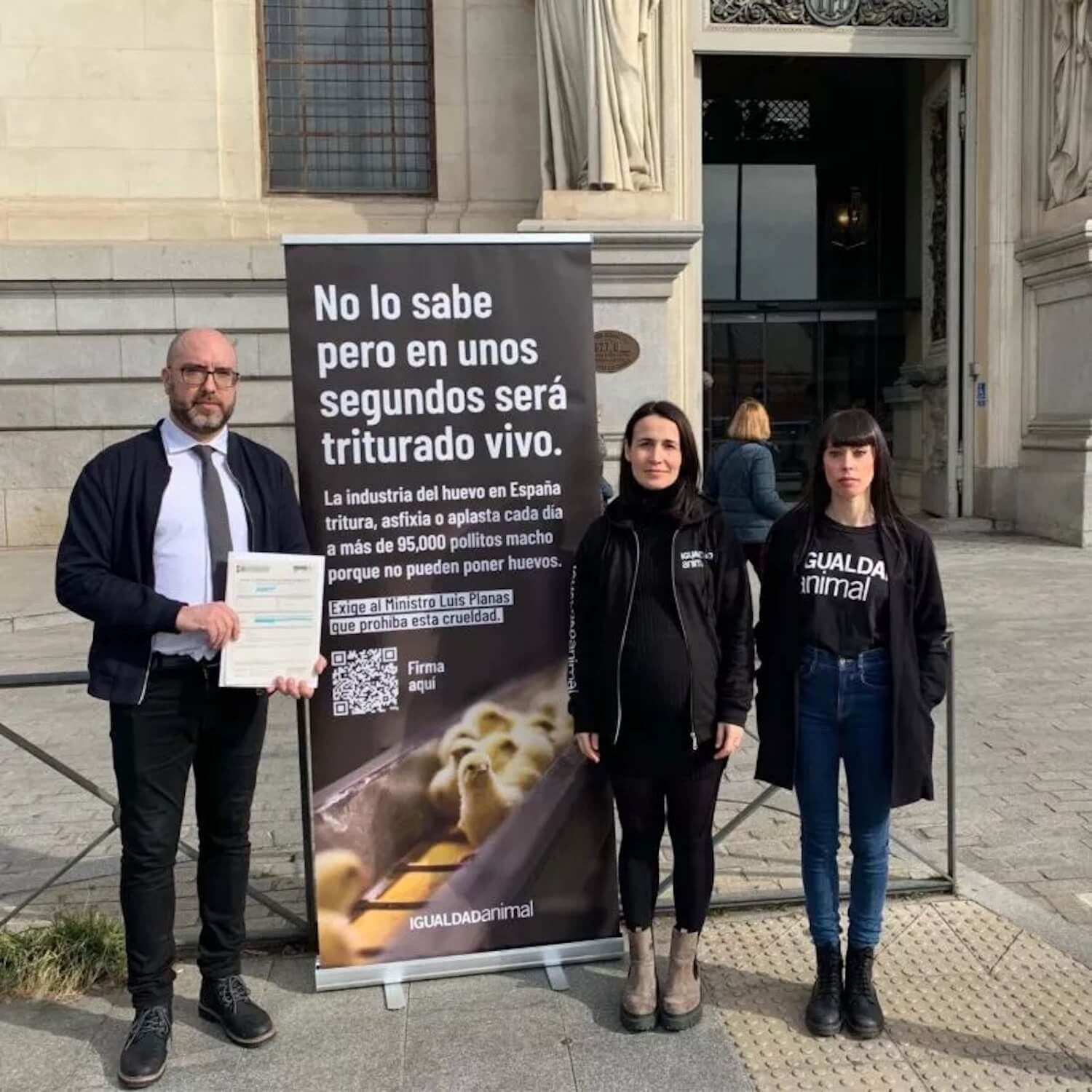The US Supreme Court Upholds California’s Prop 12
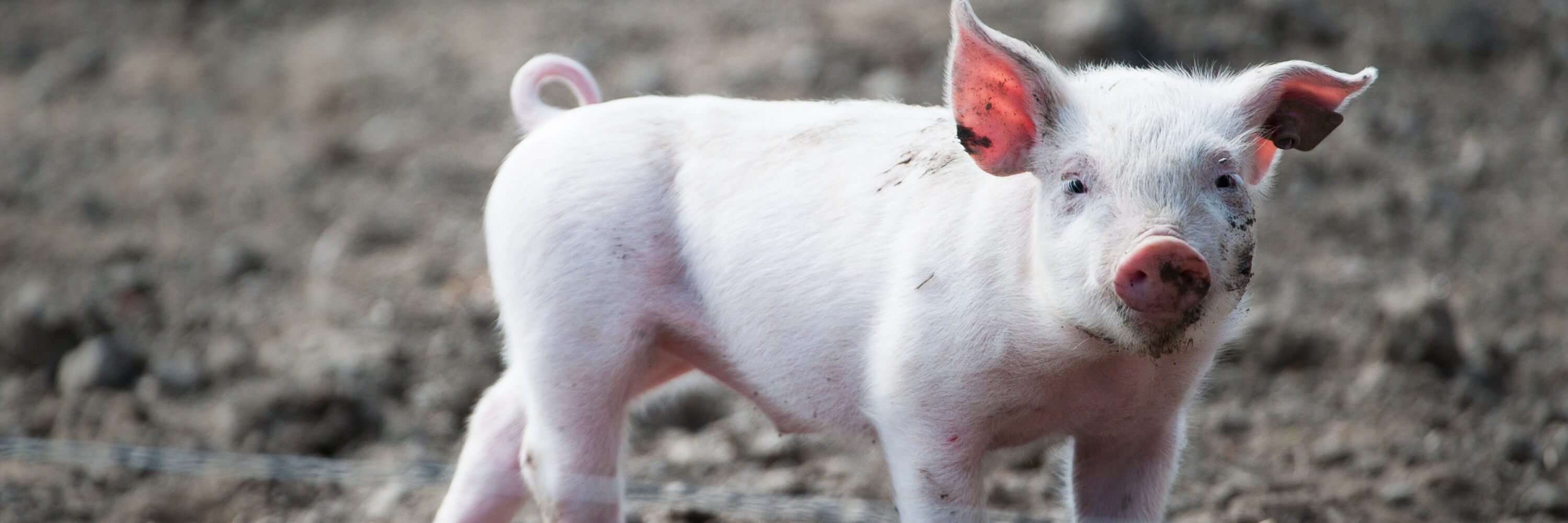
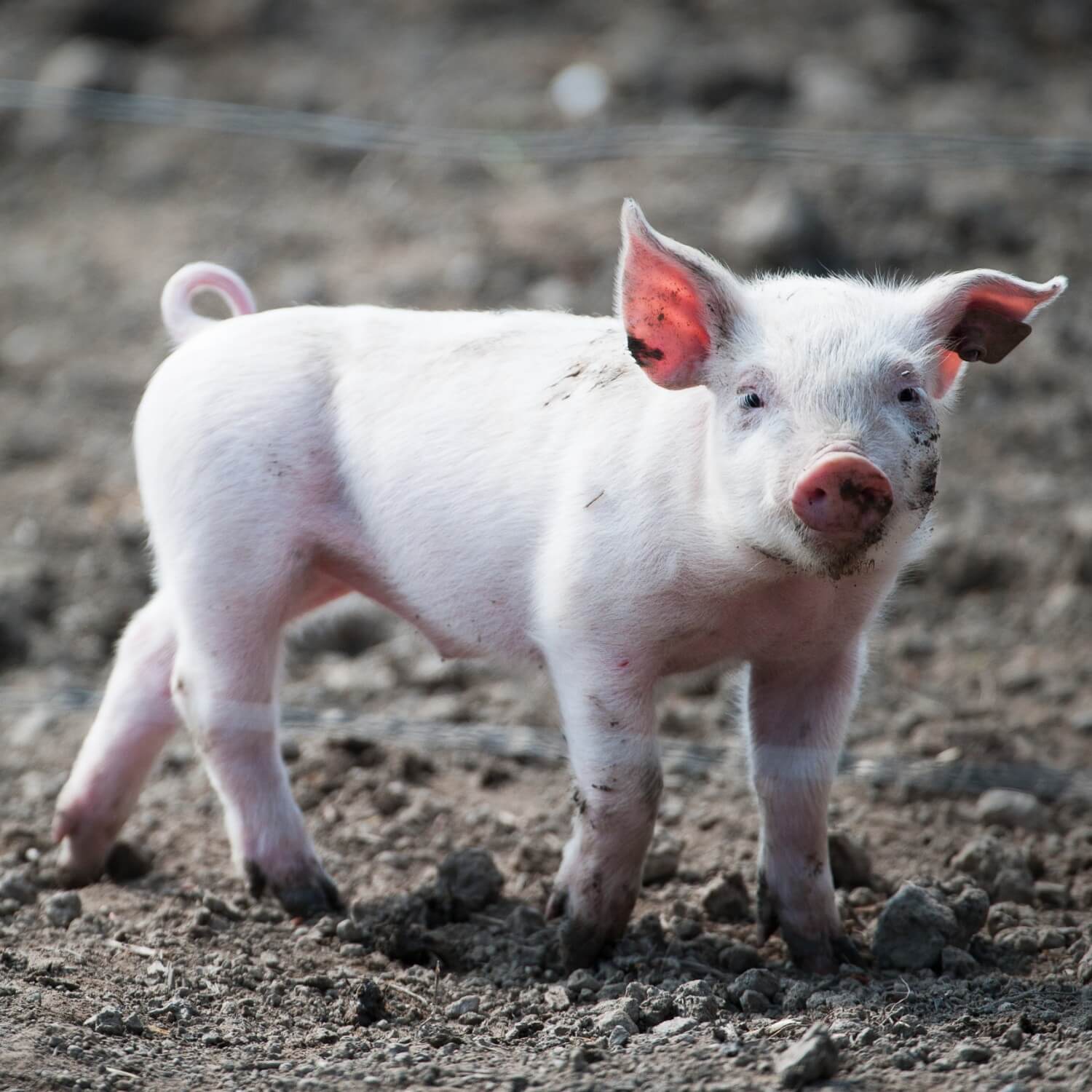
By ruling in favour of Prop 12 – deemed to be the US’ “strongest farmed animal protection law” – the US Supreme Court has set a precedent for similar laws designed to protect farmed animals to be enacted elsewhere.
At Animal Equality, we are relieved with the outcome of the Supreme Court’s decision today. As one of the organisations who worked to pass and uphold Prop 12, we know how important this law is in protecting farmed animals from extreme abuse. It’s good that the US Supreme Court sees its importance too.
Sharon Núñez, President & Co-founder of Animal Equality
What Is Proposition 12?
Prop 12 started as a ballot initiative in California to establish basic protections for animals on factory farms.
After nationwide efforts by animal activists and a coalition of animal protection organisations including Animal Equality, Prop 12 passed in 2018 with an overwhelming 63% of votes in favour.
Formally titled the ‘Prevention of Cruelty to Farm Animals Act’, Prop 12 establishes minimum space requirements for hens, pigs and calves, most of whom are typically confined to cages so small that they can’t turn around or move for most of their lives.
Under the law, certain egg, pork, and veal products sold in California – including products imported from other states – must be produced in compliance with these requirements.
Hens confined to cages on farms can’t spread their wings or exhibit natural behaviours like dust-bathing or perching, while pigs can’t even nurture their babies or turn around.
The animals suffer greatly, both mentally and physically, inside these cages that are barely bigger than their own bodies.
The extreme confinement of farmed animals has been challenged by animal protection groups and animal welfare scientists for years.
…the close confinement of [female pigs]…is one of the most extreme examples of cruelty to an animal. It continues throughout much of life and is much worse than severely beating an animal or most laboratory experiments.
Professor Donald Maurice Broom, Emeritus Professor of Animal Welfare, Department of Veterinary Medicine, University of Cambridge
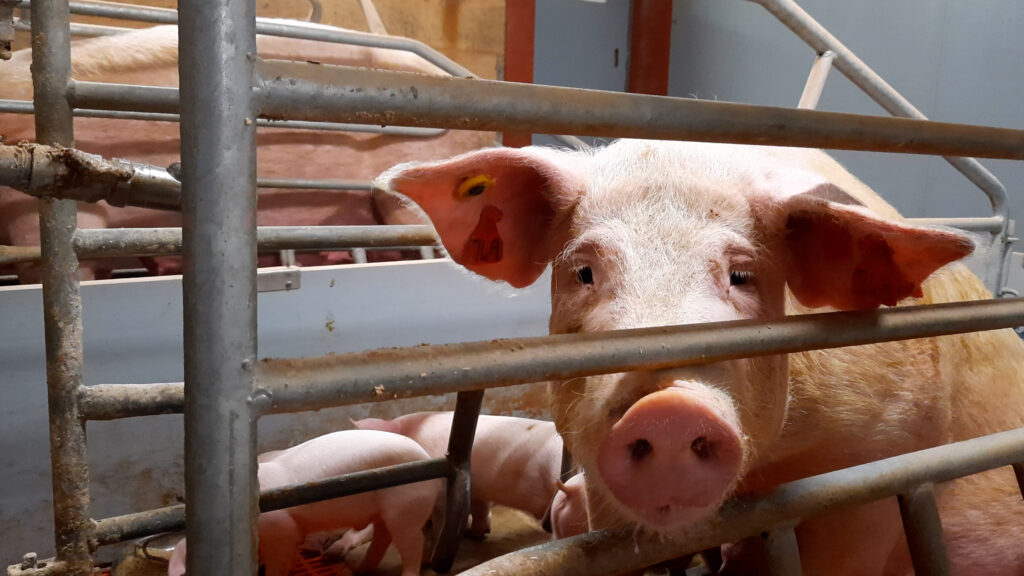
After reviewing the literature, visiting production facilities, and listening to producers themselves, the Commission believes that the most intensive confinement systems…prevent the animal from a normal range of movement and constitute inhumane treatment.
Pew Commission on Industrial Farm Animal Production
Prop 12 does more than eliminate some of the worst abuses for farmed animals, it also protects against many serious health risks for humans. The Center for Food Safety endorsed Prop 12, based on studies showing the link between animal confinement and foodborne illnesses like E. Coli and Salmonella.
Studies also indicate extreme confinement of animals breeds conditions for life-threatening pandemics like bird and swine flu.
By passing Prop 12, California joined 13 other US states that have banned one or all forms of extreme animal confinement, including: Arizona, Colorado, Florida, Kentucky, Maine, Massachusetts, Michigan, Nevada, Ohio, Oregon, Rhode Island, Utah and Washington.
Why Was Prop 12 In The Supreme Court?
In September 2021, the National Pork Producers Council (NPPC) and American Farm Bureau Federation (AFBF) filed a petition to bring their case opposing Prop 12 in front of the US Supreme Court.
These organisations originally sued in 2019, claiming Prop 12 violates the Commerce Clause of the US Constitution.
Shortly after the pork industry’s lawsuit was filed, Animal Equality joined the case as an intervening party, to help defend the law against the industry’s attack.
A few months after the NPCC’s and AFBF’s petition was granted in March 2022, the Biden administration filed a brief siding with the pork industry.
The brief claimed California “has no legitimate interest in protecting the welfare of animals located outside the state”, quoting a previous Supreme Court decision.
The brief continues to say, “voters in pork-producing States must determine what constitutes ‘cruel’ treatment of animals housed in those States – not voters in California”, quoting a 1935 Supreme Court decision, Baldwin v. G.A.F. Seelig Inc.
If the Supreme Court sided with the pork producers, it could have set a negative precedent of wiping out local and state-level laws that protect farmed animals from cruel practices.
The US Supreme Court finally heard oral arguments in October 2022 from those opposing and in favour of upholding Prop 12.
Despite opposition, the Supreme Court released its decision to uphold Prop 12, and the votes of Californian’s who oppose the extreme confinement of farmed animals. The decision comes with a 5-4 majority. Chief Justice John Roberts and Justices Samuel Alito, Brett Kavanaugh and Ketanji Brown Jackson dissented.
The ruling is the first time the Supreme Court has ever upheld an animal welfare law. It sends a powerful message to the meat industry that cruel farming practices like cages and crates have no place in our future.
By upholding the constitutionality of California’s Prop 12, the US Supreme Court has taken a stance that protects the rights of states (and their voters) to set animal welfare standards for products sold within their borders. This ruling has profoundly important implications for animals and those who advocate for their meaningful protection under the law. We are thrilled with the Court’s ruling today.
Sarah Hanneken, Legal Advocacy Counsel for Animal Equality
Thank you to the volunteers, donors and fellow animal advocates for making this progress happen.
We would also like to extend a special thank you to the intervening organisations who played an integral part in the Supreme Court case: Animal Legal Defense Fund, Animal Outlook, Compassion in World Farming USA, Farm Sanctuary, The Humane Society of the United States and The Humane League.
Join the Efforts to Protect Animal From Extreme Confinement
While legislation is crucial in providing protections for farmed animals, the future for animals trapped in cages ultimately depends on consumers.
By replacing meat, dairy and eggs with plant-based foods, consumers send a clear message to corporations that animal abuse will not be tolerated, nor funded.
Fortunately, adopting a more compassionate diet is more convenient than ever. You can join millions of people who have already started their plant-based journey, and rest assured that you are sparing animals from suffering with every meal!
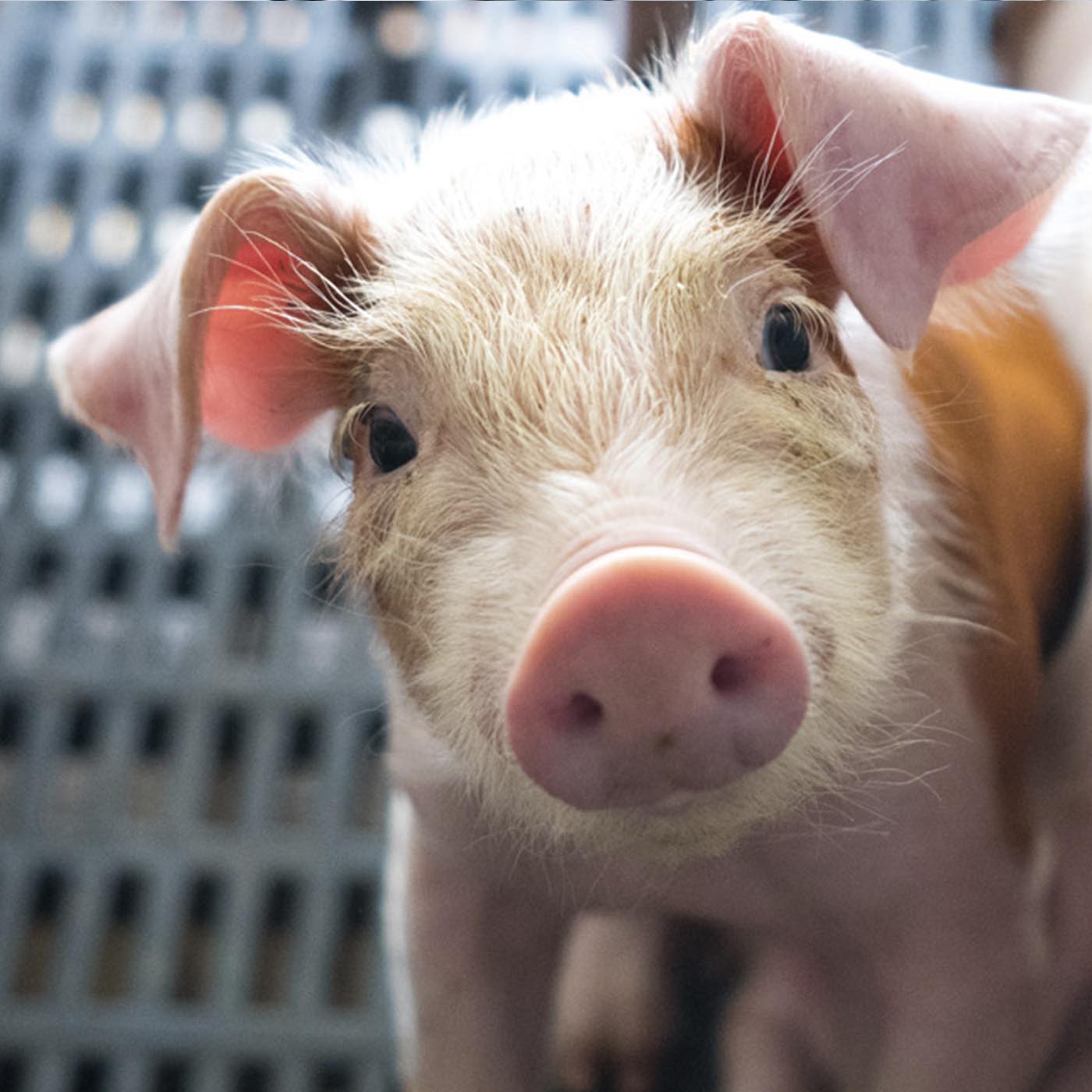
protect pigs
Pigs are highly social animals who are often considered smarter than dogs. You can protect these intelligent animals by simply choosing plant-based alternatives.

